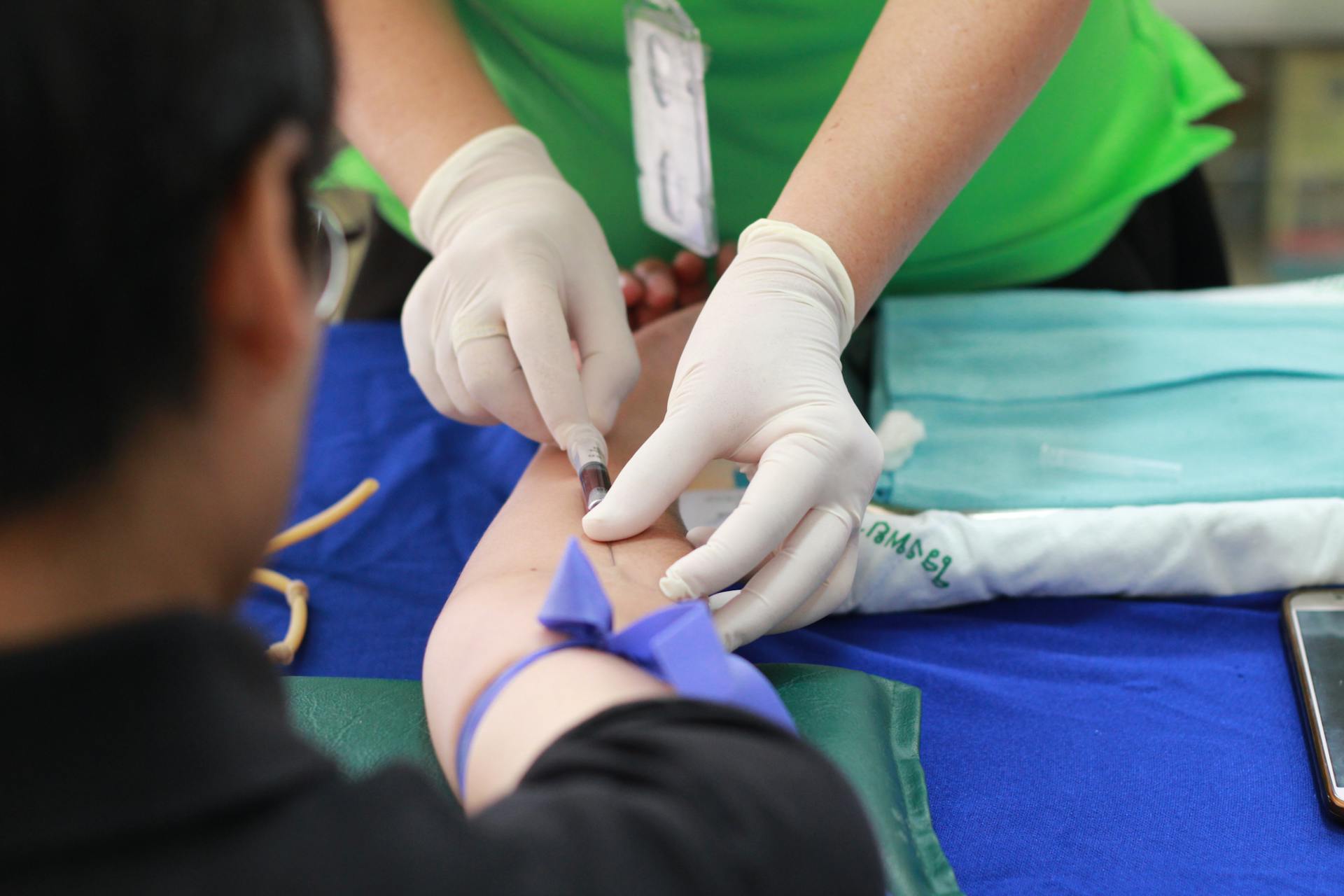Participating in a clinical trial for a rare disease can be a unique and valuable experience. Rare disease clinical trials play a crucial role in advancing medical knowledge, developing new treatments, and improving the lives of patients with conditions that affect a small number of individuals. If you or a loved one is considering participating in a rare disease clinical trial, it is essential to be well-informed about the process, potential benefits, risks, and your rights as a participant. In this blog post, we will explore what you need to know when participating in rare disease clinical trials.
Understanding Rare Diseases and Clinical Trials
Rare diseases, also known as orphan diseases, are conditions that affect a small percentage of the population. In the United States, a disease is considered rare if it affects fewer than 200,000 people. There are thousands of rare diseases, many of which are genetic and have limited treatment options. Clinical trials are essential for testing new treatments and interventions for these conditions.
Clinical trials for rare diseases follow a structured process to evaluate the safety and efficacy of new treatments. These trials are typically conducted in several phases:
- Phase I: The primary goal is to assess the safety and dosage of the investigational treatment in a small group of healthy volunteers or patients.
- Phase II: The focus is on evaluating the treatment’s efficacy and identifying any side effects in a larger group of patients with the rare disease.
- Phase III: These trials involve a larger patient population to confirm the treatment’s effectiveness, monitor side effects, and compare it to existing treatments or a placebo.
- Phase IV: Post-marketing surveillance trials are conducted after the treatment is approved to monitor its long-term safety and effectiveness in a broader population.
Benefits of Participating in Rare Disease Clinical Trials
Participating in a clinical trial for a rare disease can offer several potential benefits:
- Access to New Treatments: Clinical trials provide participants with access to investigational treatments that may not yet be available to the general public. For patients with rare diseases who have limited treatment options, this can be a significant opportunity.
- Expert Medical Care: Participants in clinical trials often receive close monitoring and specialized care from medical professionals and researchers who are experts in the field of rare diseases. This can enhance the overall quality of care and provide additional support.
- Contribution to Medical Research: By participating in a clinical trial, you contribute to the advancement of medical knowledge and the development of new treatments for rare diseases. Your involvement can help future patients and drive progress in the field.
- Improved Understanding of the Disease: Clinical trials can provide valuable insights into the natural history and progression of rare diseases. This knowledge can inform future research and improve patient care.
Risks and Considerations
While there are potential benefits, it is essential to be aware of the risks and considerations associated with participating in a rare disease clinical trial:
- Uncertainty and Unknowns: Investigational treatments are not yet fully tested, and there may be uncertainties regarding their safety and efficacy. Participants may experience side effects or adverse reactions that are not fully understood.
- Time and Commitment: Clinical trials often require a significant time commitment, including regular visits to the research site, adherence to study protocols, and completion of various assessments and tests. This can impact your daily life and routines.
- Placebo Group: In some trials, participants may be randomly assigned to a placebo group, meaning they will not receive the active investigational treatment. This is necessary to ensure the study’s scientific validity, but it means that not all participants will benefit from the treatment being tested.
- Limited Availability: Due to the rarity of the disease, there may be limited clinical trials available, and eligibility criteria may be strict. It is essential to explore all available options and consult with healthcare providers to determine the best course of action.
Informed Consent and Participant Rights
Informed consent is a fundamental aspect of participating in a clinical trial. Before enrolling, you will receive detailed information about the study, including its purpose, procedures, potential risks and benefits, and your rights as a participant. This information is typically provided in a written document called the informed consent form.
Key Aspects of Informed Consent:
- Comprehensive Information: Ensure that you receive clear and detailed information about the study. Take your time to read and understand the consent form, and ask questions if anything is unclear.
- Voluntary Participation: Participation in the trial must be voluntary. You have the right to decide whether to join the study without any coercion or pressure.
- Right to Withdraw: You have the right to withdraw from the clinical trial at any time, for any reason, without facing any penalty or loss of benefits. Ensure you understand the process for withdrawing and any potential implications.
- Confidentiality and Privacy: Your personal and medical information will be kept confidential and secure. Ensure that the research team follows robust data privacy and security protocols.
Preparing for Participation
Before participating in a rare disease clinical trial, it is essential to prepare and gather relevant information:
- Consult with Healthcare Providers: Discuss the clinical trial with your primary healthcare provider and any specialists involved in your care. They can provide valuable insights into the potential benefits and risks and help you make an informed decision.
- Research the Trial and Organization: Conduct online research to learn more about the clinical trial, the organization conducting the study, and the principal investigators. Look for reviews, testimonials, and any news articles related to their work.
- Understand the Protocol: Familiarize yourself with the study protocol, including the treatment regimen, duration, assessments, and procedures. Ensure that you can commit to the study requirements and that they align with your lifestyle and preferences.
- Prepare Questions: Prepare a list of questions to ask the research team. Some important questions to consider include:
- What is the purpose of the study?
- What are the potential risks and benefits?
- What is the duration of the trial, and what are the time commitments?
- What are the eligibility criteria, and how are participants selected?
- What happens if I experience side effects or adverse reactions?
- Seek Support: Consider seeking support from patient advocacy groups, support groups, and online communities focused on rare diseases. These organizations can provide valuable resources, emotional support, and connections with others who have participated in clinical trials.
Conclusion
Participating in a clinical trial for a rare disease is a significant decision that requires careful consideration and preparation. By understanding the benefits, risks, and informed consent process, you can make an informed choice about whether to join a trial. Engaging with healthcare providers, researching the trial and organization, and seeking support from advocacy groups can help you navigate the process and ensure a positive experience.






Leave a Reply